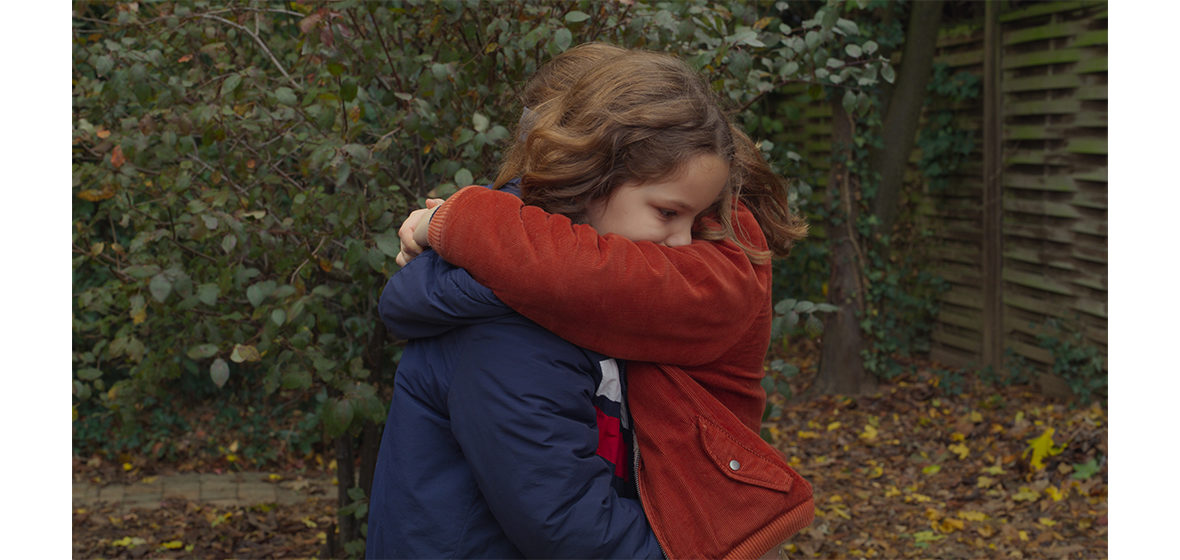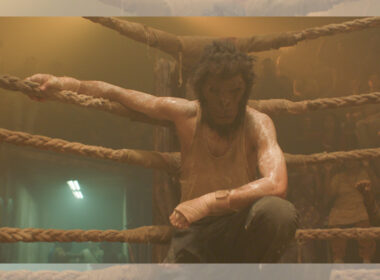Rating: ****
Give it to Céline Sciamma to have the guts to follow her astounding critical success, Portrait of a Lady on Fire, with a modest magical-realist film about the pains of daughterhood.
Shot during lockdown, Petite Maman is a good kind of film. Its voice is universal, but it comes from a noticeably personal realm. The best stories are those where an artist takes you through their own traumas and fears without revealing too much. It’s very much her style – to speak beautiful truths in a language everyone can understand. I sat on the chair in a dark room, wholly engrossed by the story of an eight-year-old girl trying to understand her mother’s pain. Could not be further away from it, but I felt it entirely in the core of my soul.
After the death of a grandmother she barely knew, 8-year old Nelly (Joséphine Sanz) stayed in her mother’s (Nina Meurisse) childhood house to clean the house. It’s a challenging process for someone in grief, with which Nelly’s mother is struggling to cope. For the child, though, it’s harder to understand the pain and solemnity. Children know how to process pain more healthily.
Unable to deal with her own traumatic experience, the mother departs one morning and leaves Nelly and her father (Stéphane Varupenne) with the task of finishing the job. Nelly is confused about why her mother would leave her behind, not that she doesn’t have a relatively good relationship with her father. Still, her connection to her mother is robust, and suddenly having it ripped away can be hard to process.
At this point, Nelly meets another eight-year old (Gabrielle Sanz) building a hut in the forest. The two girls quickly develop a strong friendship with the swiftness only children know. This is strengthened when both girls realise their connection is more substantial – the young girl is Marion, Nelly’s mother, as a child.
So what now? Do the girls go on an adventure and try to save their grieving mother or find a bigger mystery in their family? Are they faced with a violent past in Marion’s life? Of course not: trauma can come in many shapes and forms, and sometimes it’s not one incident but just the harshness of growing up.
Instead, the girls spend time together. They laugh and listen to music. They make pancakes together and go boating in the lake. There’s your coping mechanism – living life. They discuss the strangeness of their situation, at which point Marion, like an older sister, shifts her behaviour toward this almost magical being. As if she felt the responsibility to help Nelly before focusing on her own issues.
It’s simple and heartwarming, with a little fantastical detail that heightens its subtle message. I left the cinema and immediately called my mother. I know of struggles with her own mother I cannot quite understand. Still, then again, personal trauma should never be intergenerational. I suppose I appreciate my own mother spared me from it, just like Marion tries to do the same in her own way to Nelly.
The layers that run deep in all of Sciamma’s filmography are stripped to their bare essentials. Petite Maman is a nurturing film made with love and care that manages not to overcomplicate what is essentially an outlandish premise. In the present, it serves as an intermission in the career of one of the most complex and exciting filmmakers working for now, a perfect palate cleanser. But it’s so well-crafted that I can see a revisionist taken in decades from Sciamma’s fans marking it as a turning point in her career.




